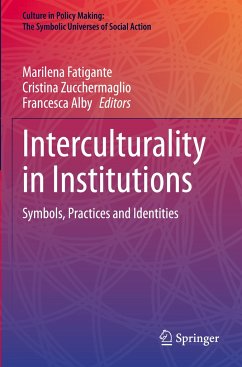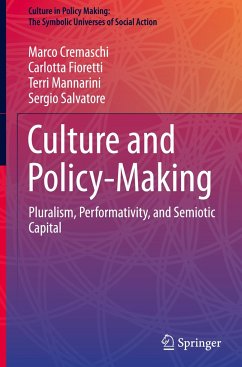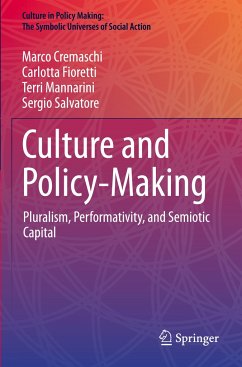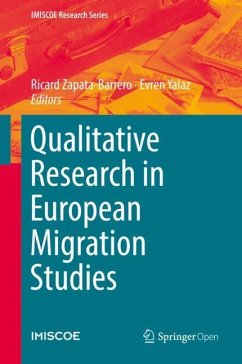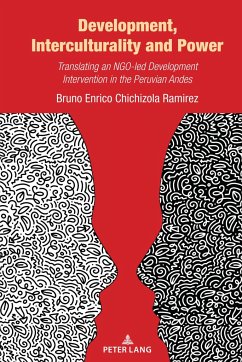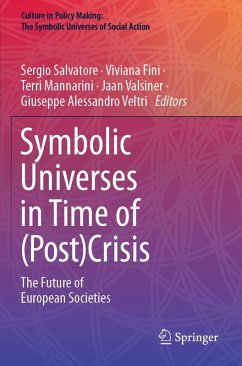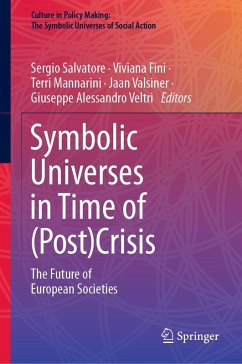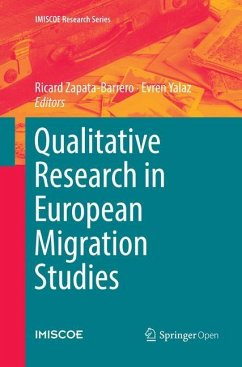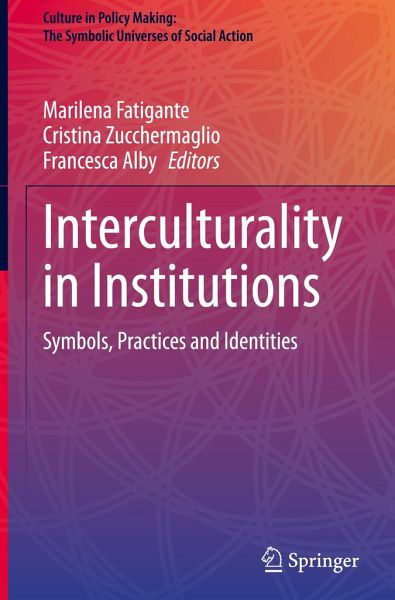
Interculturality in Institutions
Symbols, Practices and Identities
Herausgegeben: Fatigante, Marilena; Zucchermaglio, Cristina; Alby, Francesca

PAYBACK Punkte
53 °P sammeln!
This book provides qualitative analyses of intercultural sense making in a variety of institutional contexts. It relies on the assumption that in an increasingly culturally diverse world, individuals often enter contexts that have communal, historically determined and stable sets of values, norms and expected identities, with little cultural compass to find their bearings in them. The book goes beyond interpreting differences in people's ethnic or linguistic roots and discusses instead people's interpretive efforts to navigate different sociocultural situations. The contributors examine such s...
This book provides qualitative analyses of intercultural sense making in a variety of institutional contexts. It relies on the assumption that in an increasingly culturally diverse world, individuals often enter contexts that have communal, historically determined and stable sets of values, norms and expected identities, with little cultural compass to find their bearings in them. The book goes beyond interpreting differences in people's ethnic or linguistic roots and discusses instead people's interpretive efforts to navigate different sociocultural situations. The contributors examine such situations in educational, organizational, medical and community settings and look at how participants with different levels of sociocultural competences (such as, migrant patients, migrant adult learners, children) try to cope with institutional constraints and expectations, how they understand symbols, practices and identities in institutional contexts,and how their creative adjustmentscome to light.
This book provides insights from the fields of psychology, education, anthropology and linguistics, and is for a wide readership interested in cultural meaning-making.
This book provides insights from the fields of psychology, education, anthropology and linguistics, and is for a wide readership interested in cultural meaning-making.





